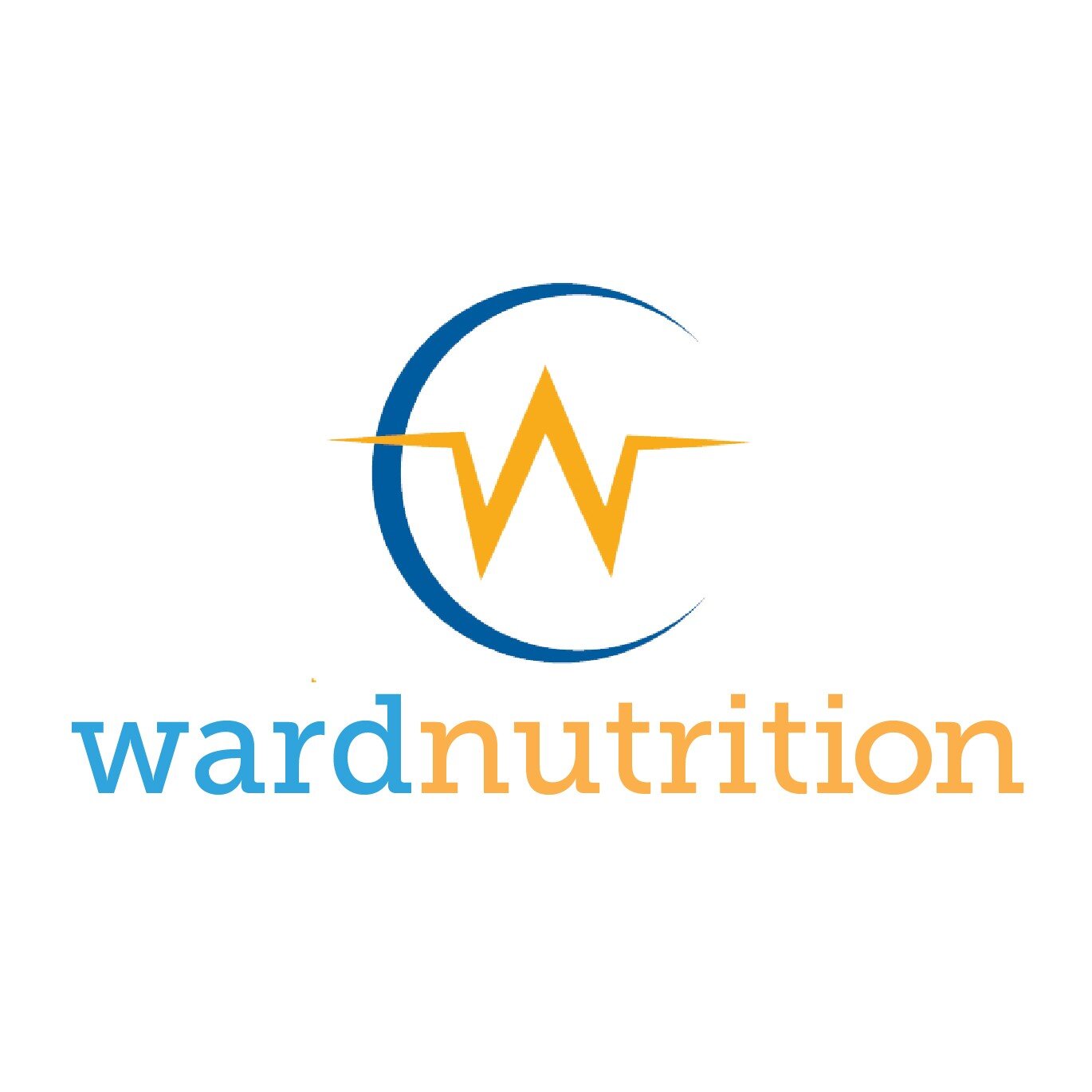Should I Give My Baby Infant Probiotics?
Infant probiotics – Should you be giving your baby one?
I’m sure this isn’t the first time you’ve heard the word probiotic… In recent years probiotics have become a buzz word for mainstream health advice, particularly with the “gut health” trend and their proposed role in supporting a healthy gut microbiome.
When it comes to infant probiotics, they have been coined to help with a range of issues from diarrhoea to colic and even allergies. However, you may be left wondering; How effective are they? Should I be giving my child a probiotic? Are they safe?
Well don’t worry, I’m here to shed some light on these tiny little bacteria.
SO, WHAT ARE PROBIOTICS?
Probiotics are the “good bacteria” found naturally in your gut and in select foods and supplements that aim to add to the population of good bacteria in your digestive system. All babies are born with a sterile gut, which is naturally introduced with bacteria from breastmilk or formula and later from the foods they eat. These bacteria are essential for healthy digestion, the ability to extract necessary nutrients from food and the development of your baby’s immune system. The role of probiotic supplements is to help the colonisation of these bacteria in your babies’ gut or to restore it when it has been disrupted, for example after illness or antibiotic use. Probiotics come in many forms such as yoghurt, fermented products, dietary supplements, and powders. They have a strain specific effect which means that different types of probiotics act in different ways and have a different effect on our body. For example, Lactobacillus rhamnosus or Saccharomyces boulardii have shown to be most effective in preventing antibiotic associated diarrhoea in infants.
DOES MY BABY NEED A PROBIOTIC?
There is mixed evidence when it comes to probiotic use in infants and whilst they have been studied extensively in adults there have been limited studies in infants and children. Here is a low down on a few of the most common reasons they are used and what some evidence suggests:
· Management of Allergies – research suggest that babies exposed to probiotics have a reduced risk of developing eczema
· A Reduction in Frequency and Duration of Infant Diarrhoea – as well as prevention of diarrhoea related to antibiotics
· Relief of Infant Colic – whilst some evidence suggests probiotics help with colic, the most recent studies do not, thus they cannot routinely be prescribed as treatment
ARE THEY SAFE?
Probiotics are safe and well tolerated in healthy infants. There have been rare cases of probiotic septicaemia in immunocompromised babies and adults, but these have been in very sick individuals.
THE VERDICT
Even though there is growing evidence to suggest a range benefits from probiotic use, there is still a long way to go. There hasn’t been sufficient research to tell us which strains are most successful in treating certain conditions, or at which dose. Therefore, if you’re considering adding a probiotic to your babies’ diet or think they may benefit from one, it’s best to consult your health care provider or family dietitian who will be able to give you some advice on if this is necessary and how to do so in the safest most effective way. Ward Nutrition offers face to face consults in Dubbo, Orange and Bathurst or we can so zoom consults from anywhere in the world. If you would like an appointment, please book online at call and chat to our friendly admin on 5301 6435 or Click here to find out how A fertility and pregnancy dietitian can help you.
Co written by Dietitian Lucinda Smith and Claire Ward

